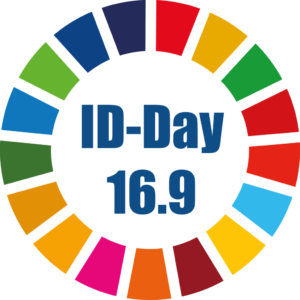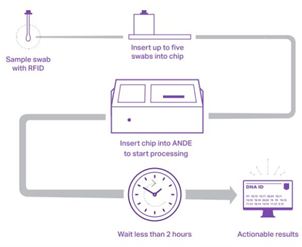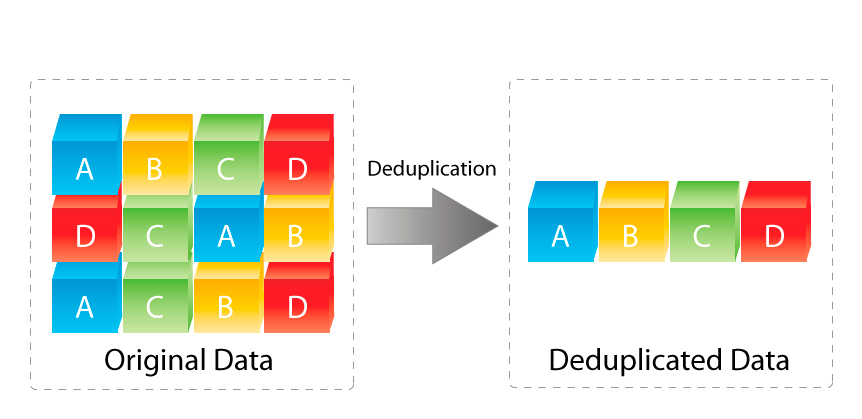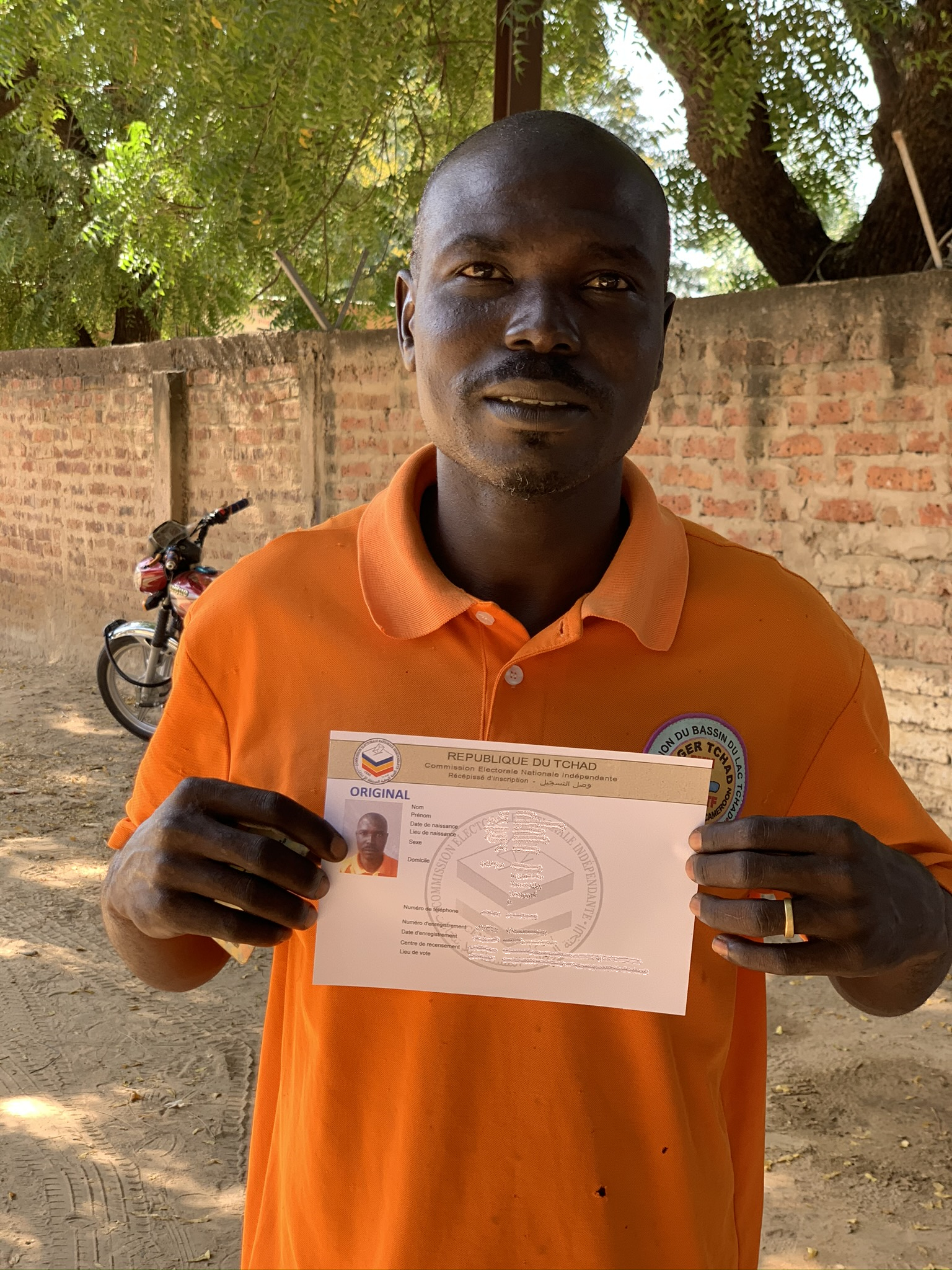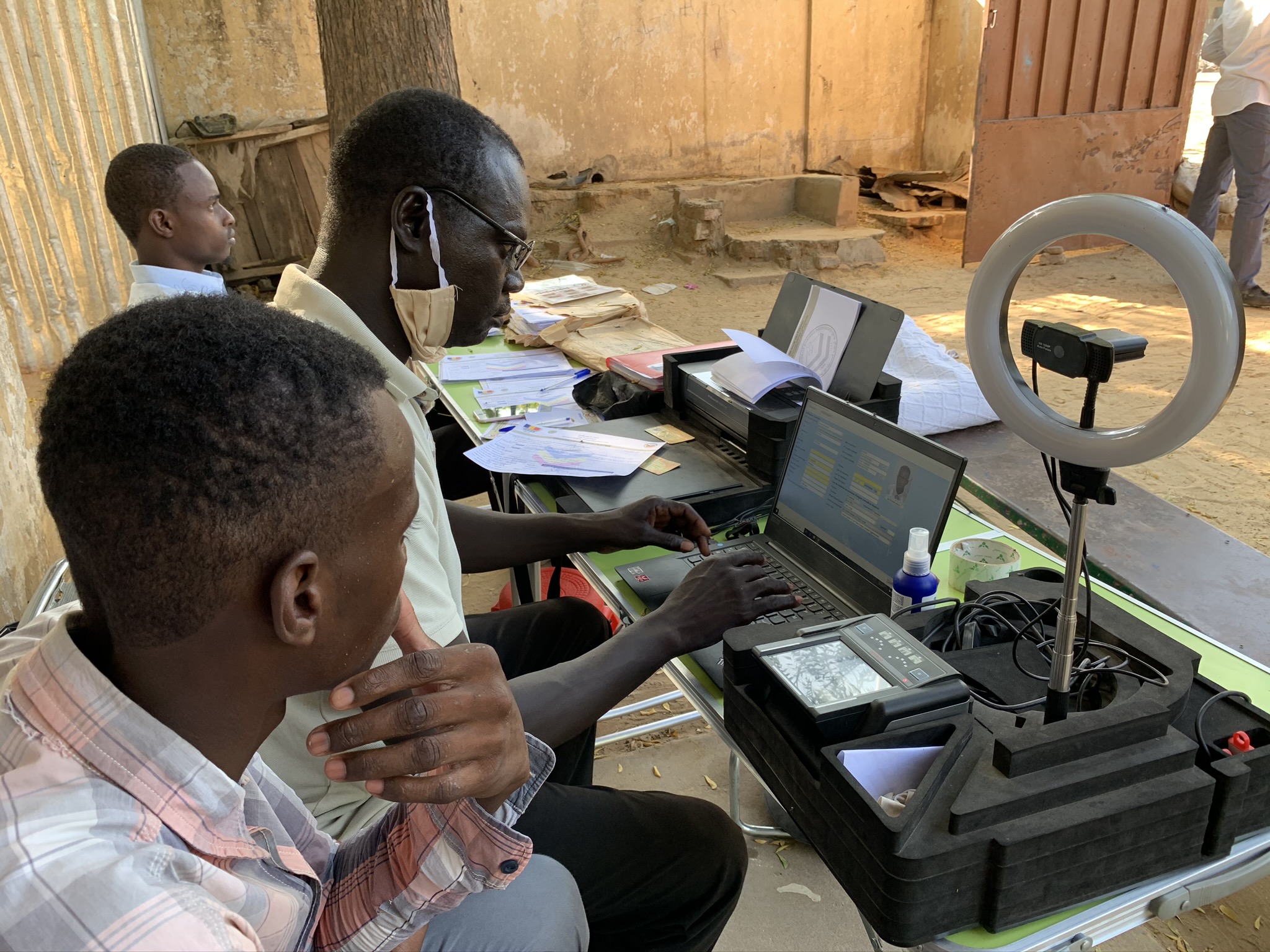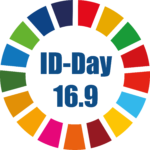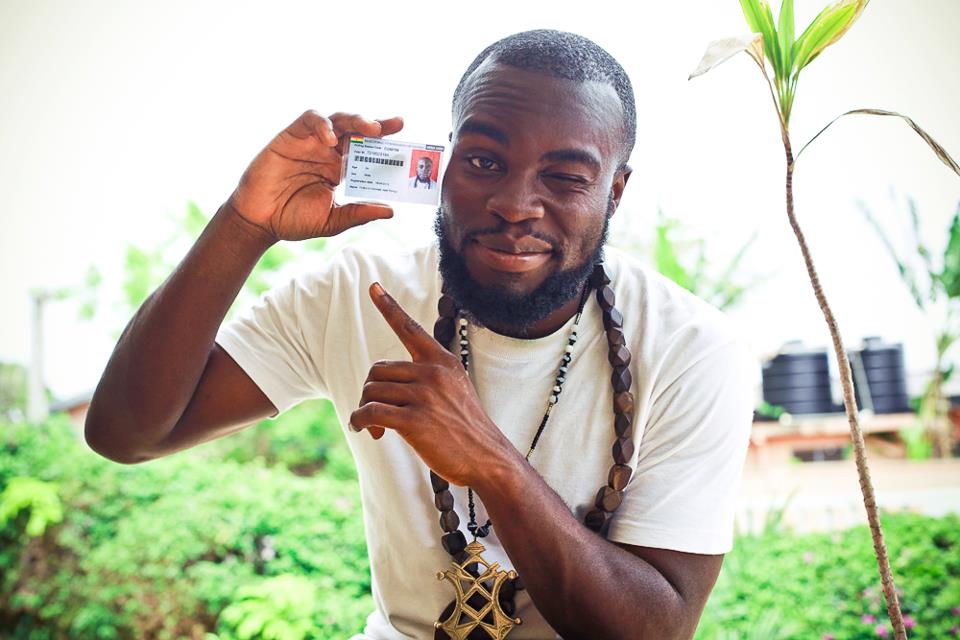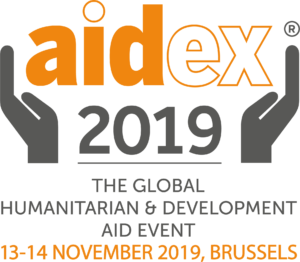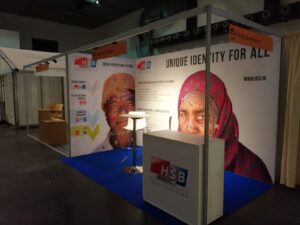The most common way to identify people is through anatomical (face, iris and fingerprint) and behavioural (signature and bearing) characteristics. However, in some situations the primary biometric characteristics are not enough to identify a person. The characteristics may not be available, are difficult to acquire or the quality turns out to be insufficient. In these cases, soft biometrics can be used to narrow down the list of suspects and help to identify the person in question. A soft biometrics that is often used is the so-called SMT, which stands for scars, marks and tattoos.
Scars, marks and tattoos (SMT) are unique imprints on the skin. It provides more information than the traditional demographic indicators such as age, height, gender and race to identify a person. Especially tattoos can give a lot of information about the identity of a person. It can give indications to someone’s social status, religious beliefs, their personality and affiliations to a certain (criminal) group.
SMT has been successfully used by law enforcement agencies and forensics to identify suspects and victims. This is because of the growing popularity of tattoos and the impact they have on visual, pathological or trauma-based identification. It also helps that tattoos are deeply embedded in the skin and are often very hard to destroy. Therefore, they can be used in extreme situations where it is hard to identify people using the primary biometrics. An example would be the Tsunami in South East Asia in December of 2004. Other than the use of primary biometric characteristics, tattoos were also used to identify victims (Interpol, n.d.)*.
SMT modalities have known use cases in different fields such as: law inforcement, prison institutions and defense. However, this modality offers possibilities for other solutions as well. Interested in the use of SMT or curious about other solutions, please contact us and let’s see how we can help.

*Source: Intertpol. (n.d.). Disaster Victim Identification (DVI). Interpol. Retrieved October 1, 2021, from https://www.interpol.int/en/How-we-work/Forensics/Disaster-Victim-Identification-DVI



